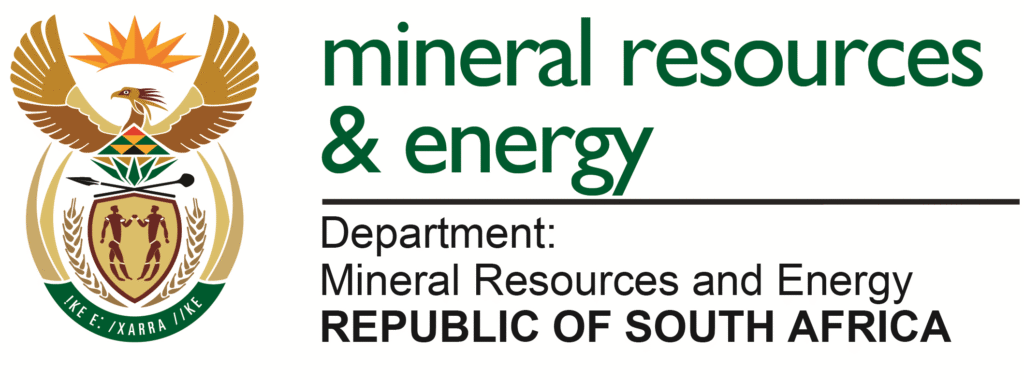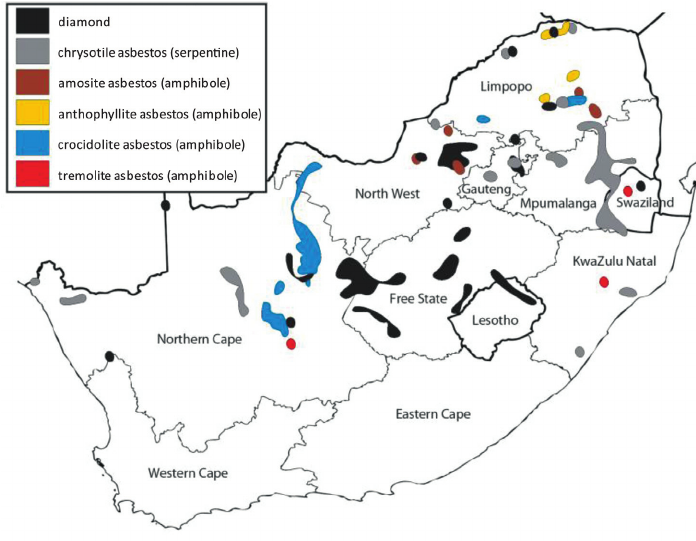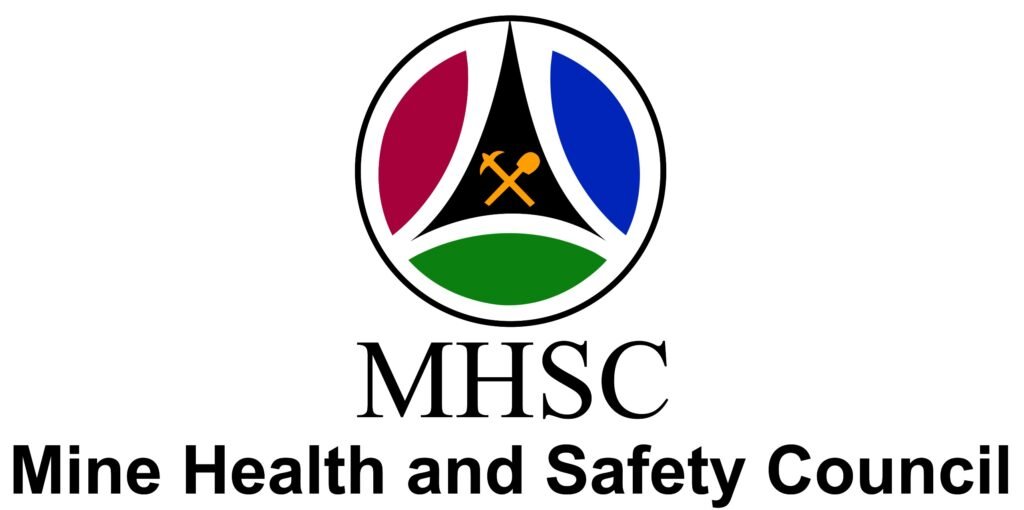South Africa Mining Department

The South African Mining Department, officially known as the Department of Mineral Resources and Energy (DMRE), is the government body responsible for regulating, developing, and promoting the mining sector in South Africa. As one of the most mineral-rich countries in the world, South Africa relies on this department to manage its mining industry, enforce safety standards, and ensure sustainable resource use.
Here’s a detailed look at the South Africa Mining Department and its role in the country’s economy and regulatory framework.
1. Overview of the South Africa Mining Department
- Name: Department of Mineral Resources and Energy (DMRE)
- Headquarters: Pretoria, South Africa
- Mission: To promote safe, sustainable, and equitable mineral development
- Key Responsibilities:
- Licensing and regulation of mining operations
- Ensuring compliance with environmental and health and safety laws
- Promoting local beneficiation and industrial growth
- Managing state-owned mining entities like Kumba Iron Ore and Debswana
- Facilitating investment and policy reforms in the mining sector
2. Key Functions and Policies
| Function | Details |
|---|---|
| Licensing and Permitting | Issues mining rights, exploration licenses, and environmental approvals |
| Regulation and Compliance | Enforces the Mine Health and Safety Act (MHSA) and Mineral and Petroleum Resources Development Act (MPRDA) |
| Investment Promotion | Attracts foreign and local investment through policy incentives and partnerships |
| Local Content and B-BBEE | Encourages Black Economic Empowerment (BEE) and local procurement in mining projects |
| Research and Development | Supports geological surveys, mineral mapping, and exploration initiatives |
The DMRE also oversees state-owned mining companies and ensures transparency in mineral revenues.

3. Regulatory Frameworks and Legislation
The DMRE operates under several key laws:
- Mineral and Petroleum Resources Development Act (MPRDA), 2004 – Governs mineral ownership and licensing
- Mine Health and Safety Act (MHSA), 1996 – Focuses on worker safety and mine conditions
- National Environmental Management Act (NEMA) – Ensures environmental compliance in mining operations
- Occupational Health and Safety Act – Sets workplace standards and protections
These frameworks aim to balance economic growth with social and environmental responsibility.

4. Role in Industry Transformation
The DMRE is central to mining transformation in South Africa:
- Promotes Black Economic Empowerment (BEE) – Encouraging local ownership and participation in mining projects
- Supports beneficiation – Reducing reliance on raw mineral exports
- Encourages local content – Sourcing equipment, services, and labor from within South Africa
- Monitors state-owned enterprises – Ensuring transparency and efficiency in Kumba Iron Ore, Exxaro, and others
This focus aligns with national economic goals and job creation strategies.
5. Challenges and Future Outlook
Challenges:
- Policy delays and regulatory complexity
- Balancing investment with local ownership requirements
- Ensuring safety compliance in deep-level mines
- Addressing environmental concerns and community relations
Future Direction:
- Digital transformation – Using AI and automation for better monitoring
- Sustainable mining practices – Aligning with global ESG standards
- Improved governance – Enhancing transparency and public trust
- Strengthening partnerships with private and international investors

FAQs
Q1: What does the South Africa Mining Department do?
A1: It regulates and promotes mining, issues licenses, enforces safety and environmental laws, and manages mineral resources on behalf of the public.
Q2: Is the DMRE part of the South African government?
A2: Yes—it is a national ministry under the South African government.
Q3: How does the DMRE support local mining communities?
A3: Through social and labour plans (SLPs), BEE policies, and infrastructure development linked to mining zones.
Conclusion
The South Africa Mining Department plays a critical role in overseeing one of the nation’s most important industries. While challenges remain, its work in regulation, transformation, and sustainability is essential for the long-term success of the mining sector.

